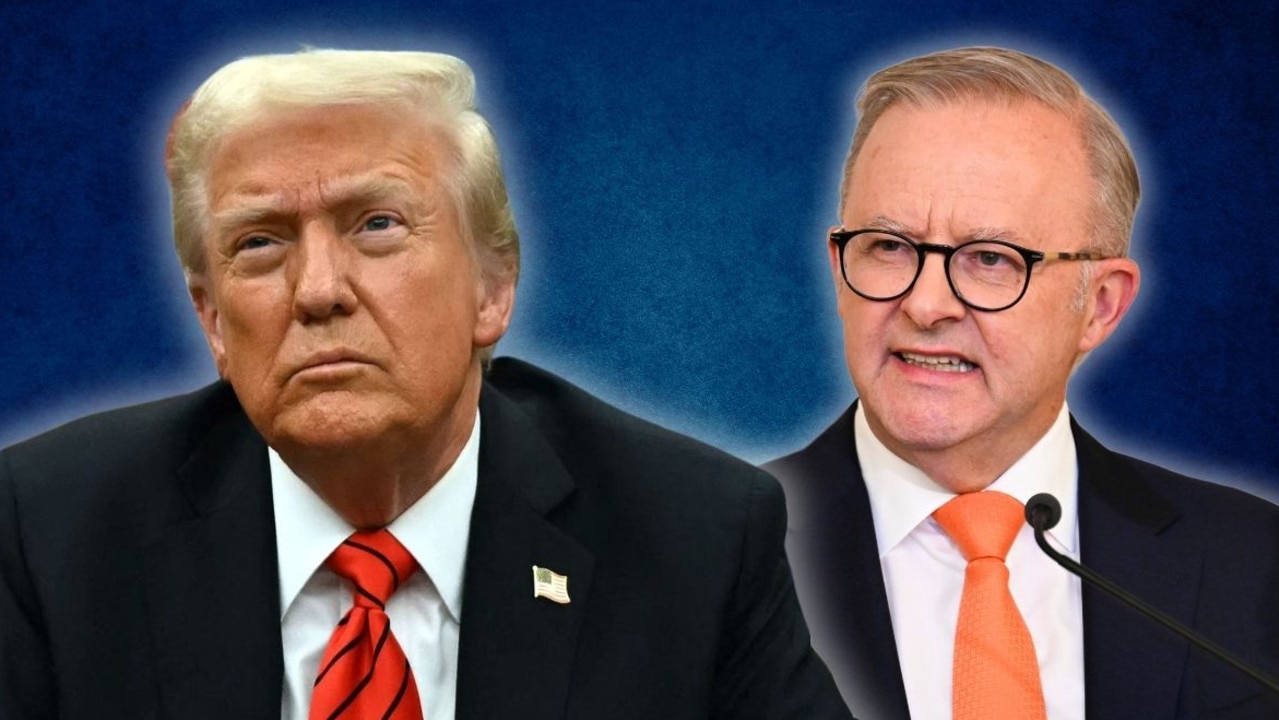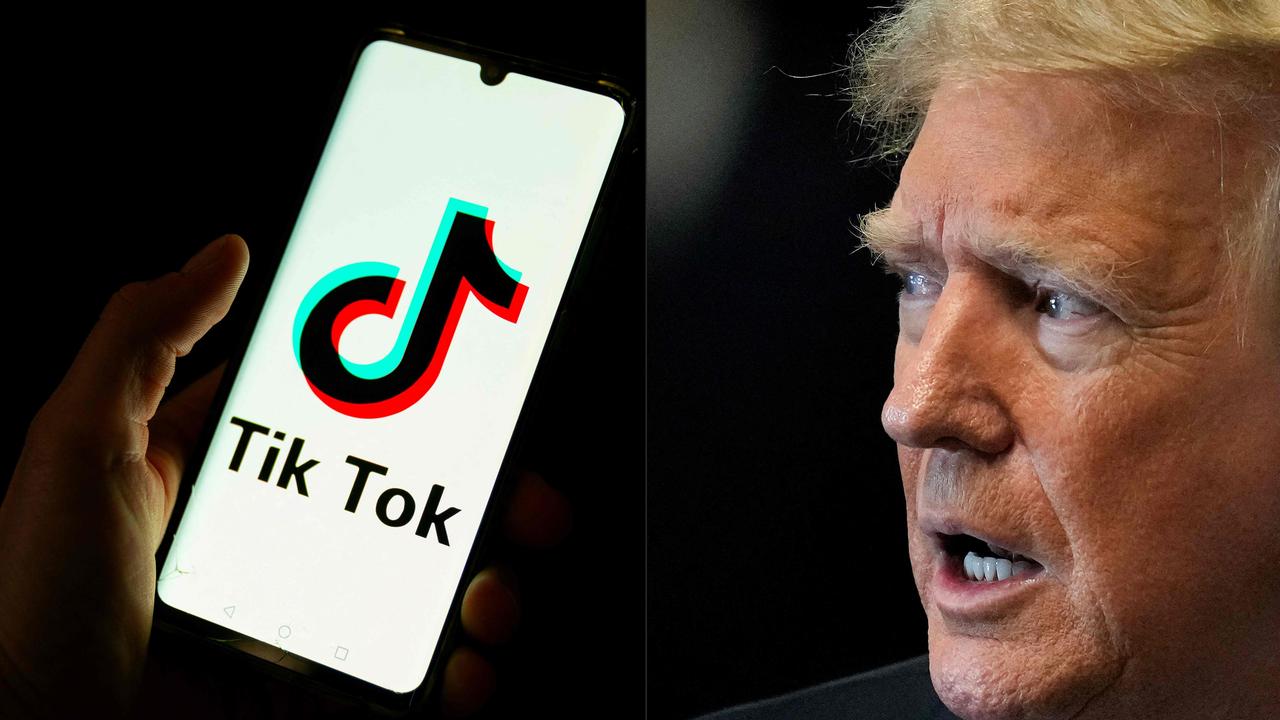America on edge – part one: What really happened on January 6
Donald Trump once said his supporters would pay for invading the US Capitol. Now he is vowing to pardon them. It is a chilling rewriting of history the US must face.
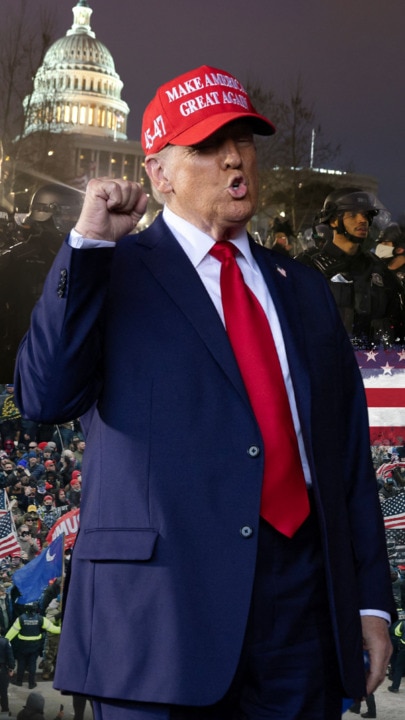
US Election
Don't miss out on the headlines from US Election. Followed categories will be added to My News.
The day after January 6, 2021, Donald Trump had a blunt message for his supporters who invaded the US Capitol and tried to stop the certification of Joe Biden’s election victory.
“To those who engage in the acts of violence and destruction: you do not represent our country,” the outgoing president said, “and to those who broke the law: you will pay.”
He was right. More than 1500 people have since been hit with criminal charges, about 1000 have been convicted and more than 600 have been sentenced to jail.
But Mr Trump now describes one of America’s darkest days as a “beautiful thing” and a “love fest”.
And he is promising that if he wins next month’s election and returns to the White House, one of his first acts will be pardoning and freeing those responsible for January 6.
He praises them as “warriors” and “unbelievable patriots”, claiming they are “hostages” and “political prisoners” who have been “unjustly victimised” by the Biden administration.
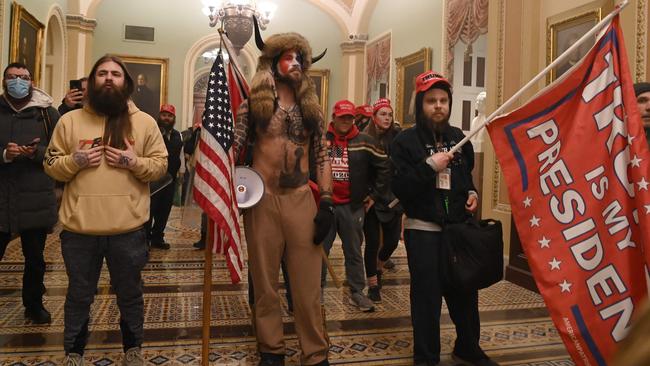
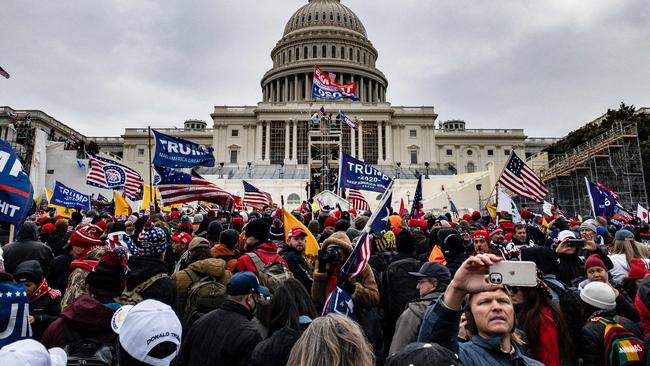
Two-thirds of Republicans support Mr Trump’s planned pardons, about the same proportion who believe him when he continues to insist the 2020 election was stolen. It is a chilling rewriting of history that the US must reckon with this November.
If the former president loses, he could wind up in jail, after special counsel Jack Smith reignited the charges over his election subversion bid. If he wins, he will throw out the case.
That Mr Trump is even in this position – within striking distance of reclaiming the Oval Office – would have seemed inconceivable in the aftermath of January 6. And yet he managed to reboot his political career by doubling down on his election lies and aligning himself with his violent supporters in the face of efforts to hold them and him accountable.
He hosted fundraisers for them and even recorded a song with the J6 Prison Choir – a group of men locked up for their role in the attack – to play at his rallies.
This year, while sentencing a rioter, judge Royce Lamberth blasted those “martyrising convicted January 6 defendants as political prisoners or even, incredibly, hostages”.
“In my 37 years on the bench, I cannot recall a time when such meritless justifications of criminal activity have gone mainstream,” the Republican-appointed judge said.
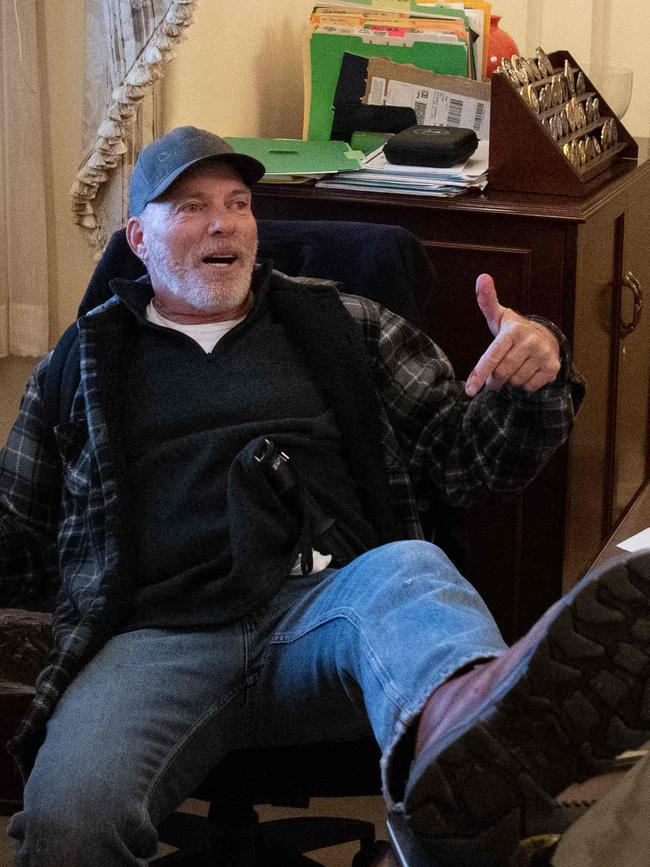
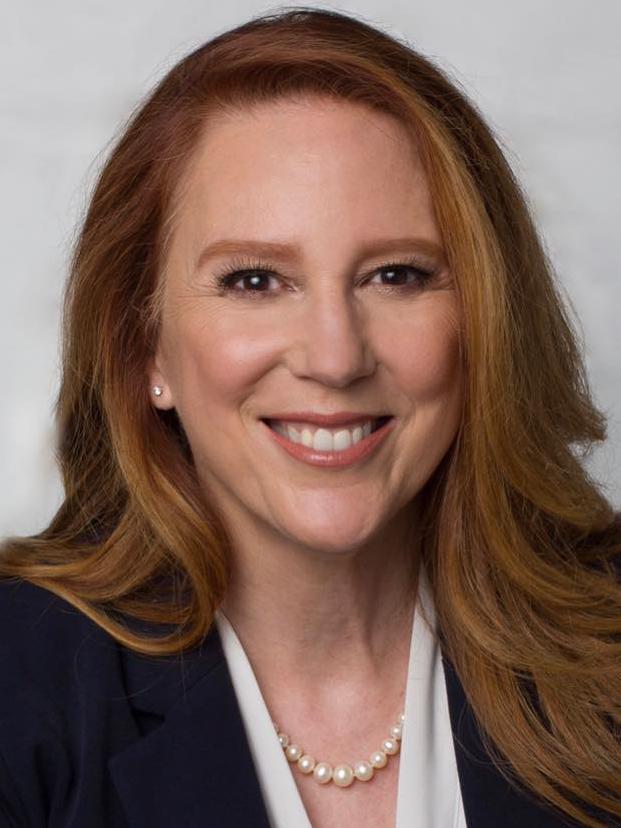
Kim Wyman experienced the consequences of that in real time. In 2020, the Republican was in charge of Washington State’s elections. They were pioneers of voting by mail, so when other states shifted to the system in the pandemic, Ms Wyman fought back against Mr Trump’s fraud claims. She received death threats in response.
On January 6, she watched the violence in Washington DC on TV, while the president’s supporters also tried to storm the Washington State governor’s mansion.
“It’s been a lot to take in, to have your friends and members of your family and your community accuse you of rigging an election without any actual proof,” Ms Wyman said.
“They were told by a group of people that it was a rigged election, and they believed it.”
But Hans von Spakovsky and J. Christian Adams maintain Mr Trump had a valid complaint. The conservative lawyers are among the most influential Republican voices on voter fraud, having been called in by the president in 2017 to investigate his claim that millions of illegal immigrants supported Hillary Clinton and cost him the popular vote, even though he won.

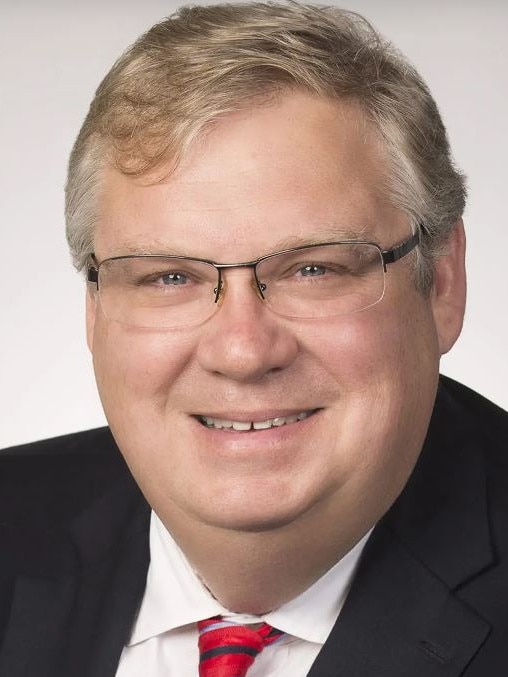
Mr Adams, the Public Interest Legal Foundation president, says the Covid-induced move to mail-in voting was akin to “changing the rules at half time”.
“It might not be as simplistic as the election was stolen, but that is what happened,” he said.
Mr von Spakovsky, who runs The Heritage Foundation’s election law reform initiative, says a “full-blown hearing” was needed post-election to decide “whether the claims were credible”.
But the courts threw out dozens of lawsuits challenging the results, both for procedural reasons and a lack of evidence. The fact of the matter is this: Mr Trump’s own officials declared the election was “the most secure in American history”, and his attorney general said he had “not seen fraud on a scale that could have effected a different outcome”.
This did not deter the president. He pressured states to subvert legitimate results. He orchestrated fraudulent slates of electors to up-end the congressional certification of Mr Biden’s victory. He attempted to force his vice president to block that certification, and when Mike Pence refused on January 6, he told his supporters to “fight like hell”.
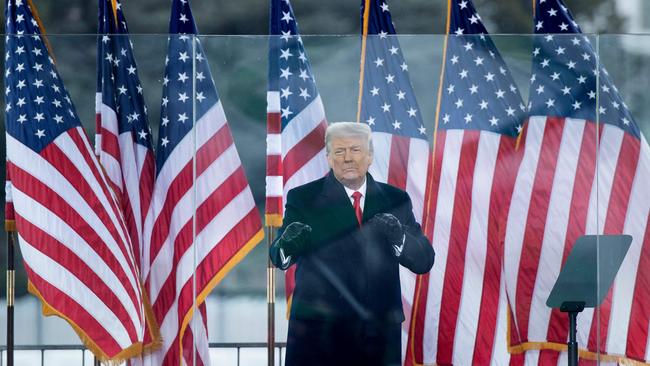
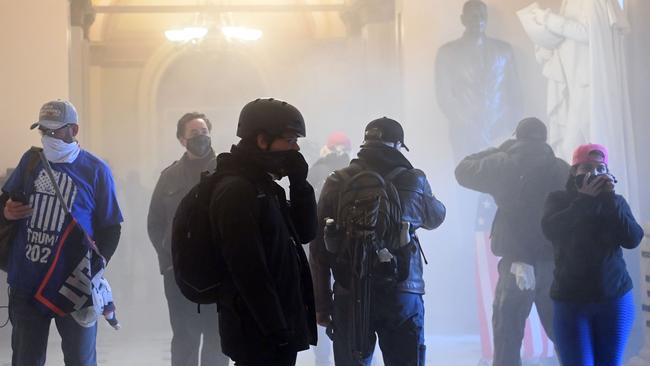
Almost four years later, Mr von Spakosvky argues the Capitol riot was “way overplayed”.
“The idea that it was a coup d’etat is absurd – it never even came close to that,” he said.
It may have been different had Mr Pence not held firm. In a plot that spurred criminal prosecutions in four states, dozens of Mr Trump’s allies allegedly tried to fraudulently overturn Mr Biden’s wins in battleground states to help the vice president block his victory.
They include Boris Epshteyn, who remains one of Mr Trump’s legal strategists, and Christina Bobb, who is spearheading the Republican Party’s election integrity operation this year.
In a recent interview, Mr Trump conceded he lost to Mr Biden “by a whisker”. However, when questioned in his debate against Kamala Harris, he declared he was being sarcastic.
He claimed there were “so many facts and statistics” to prove his election fraud claims – and then he began sowing the seeds to challenge the results this November too.
More Coverage
Originally published as America on edge – part one: What really happened on January 6




